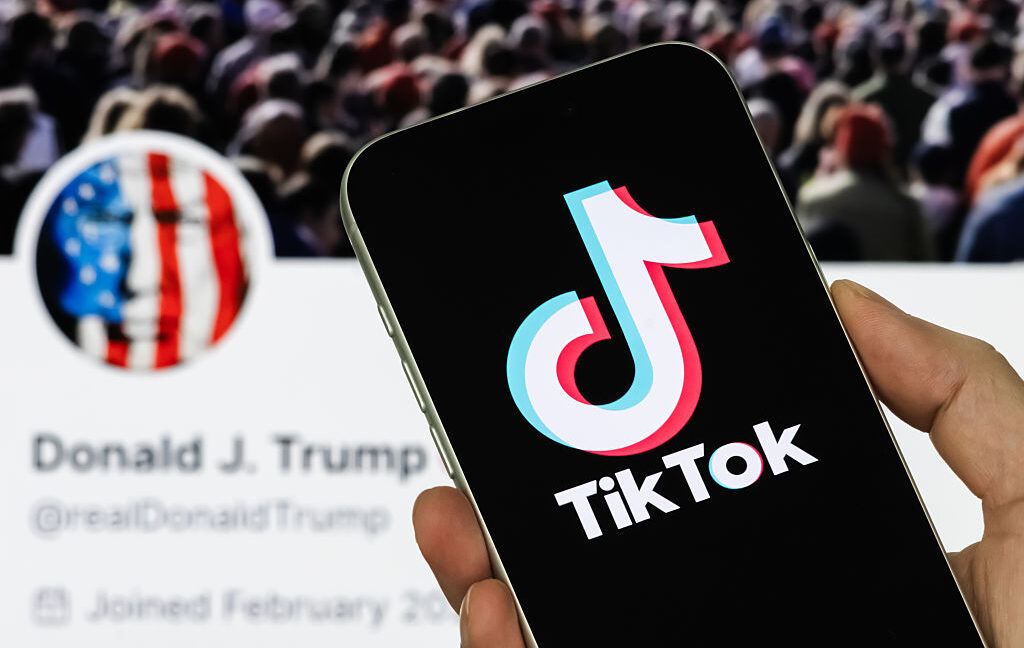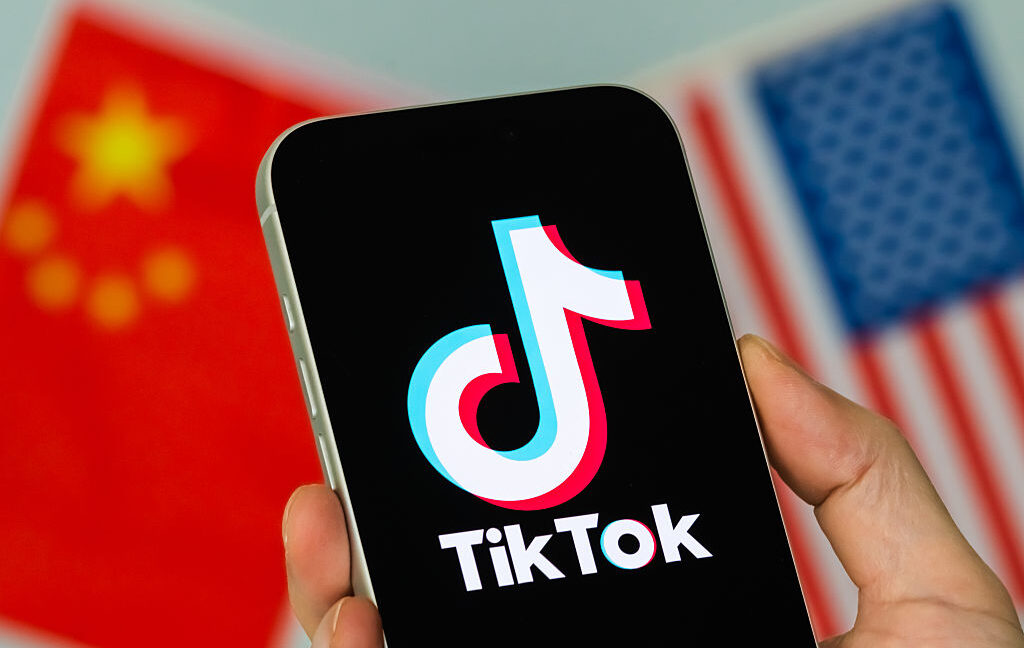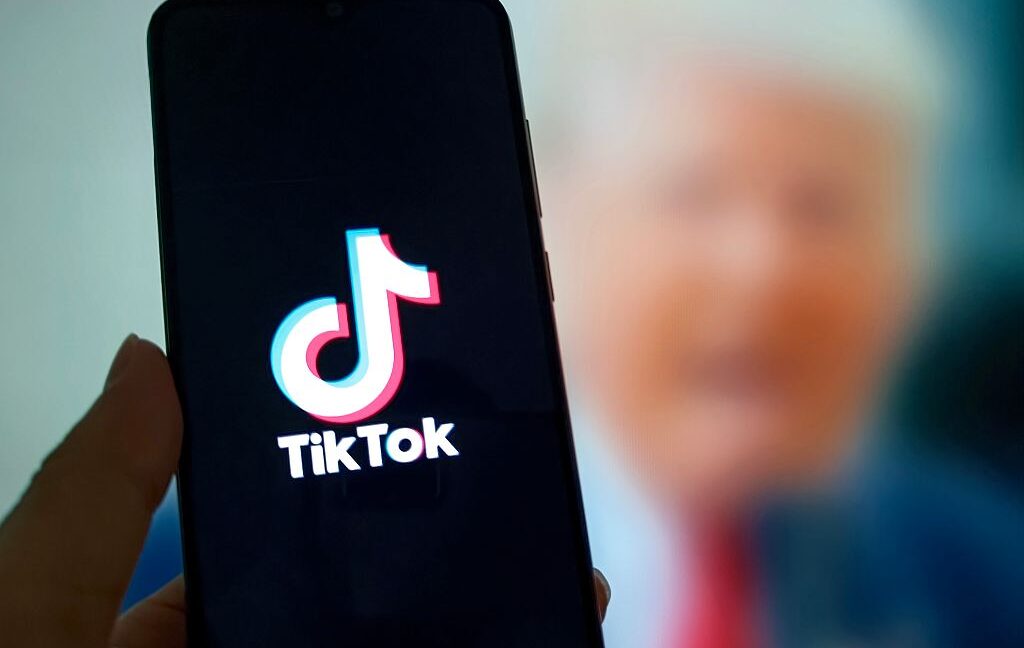EU says TikTok needs to drop “addictive design”
TikTok said: “The Commission’s preliminary findings present a categorically false and entirely meritless depiction of our platform, and we will take whatever steps are necessary to challenge these findings through every means available to us.”
TikTok is owned by China’s ByteDance, although a recent deal with the Trump administration will spin off its US arm into a joint venture majority owned by American investors. The venture will provide data and algorithm security, while ByteDance will retain control of the app’s main business lines in the US, including ecommerce, advertising, and marketing.
European watchdogs have previously taken action against TikTok for breaking the bloc’s digital rules. Last year, Irish regulators issued a 530 million euro fine against TikTok for sending users’ data to China, while Brussels has also probed its online advertising practices.
The EU’s move on Friday comes as other nations move closer to social media bans for teenagers.
Earlier this week, Spain was the latest country to announce it will stop access to social media for children under the age of 16 to curb the potentially harmful impact of online content on young people.
France and the UK are also considering similar measures, following the lead of Australia, which in December became the first country in the world to ban under-16s from holding accounts for 10 apps deemed to be potentially harmful to teenagers and children.
© 2026 The Financial Times Ltd. All rights reserved. Not to be redistributed, copied, or modified in any way.
EU says TikTok needs to drop “addictive design” Read More »













